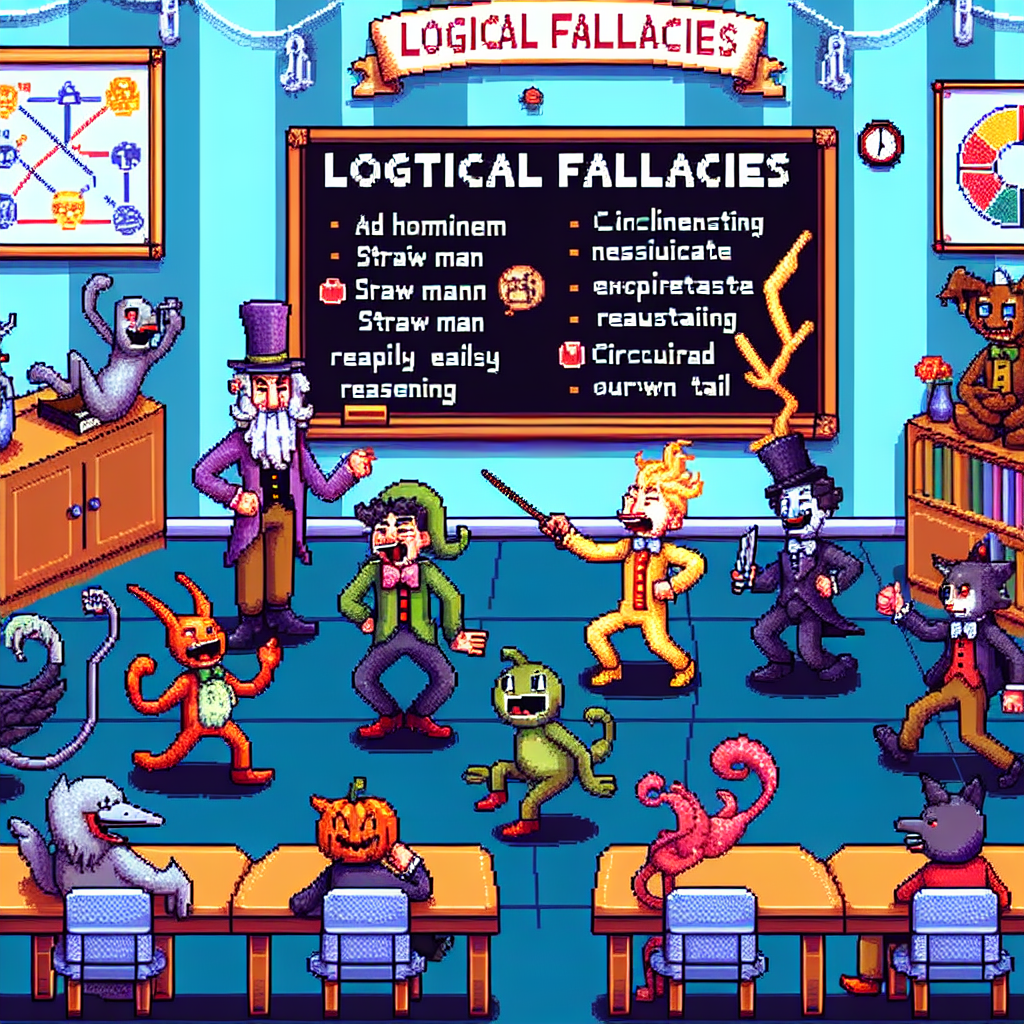Logical Fallacy
“`html Logical Fallacy: Introduction Explanation of Logical Fallacies A logical fallacy is a flaw in reasoning that weakens an argument’s validity. Such fallacies occur when there’s a mistake in the logic or the structure of an argument. They are often persuasive and can sway people without them realizing the underlying error. Importance of Understanding Logical […]









